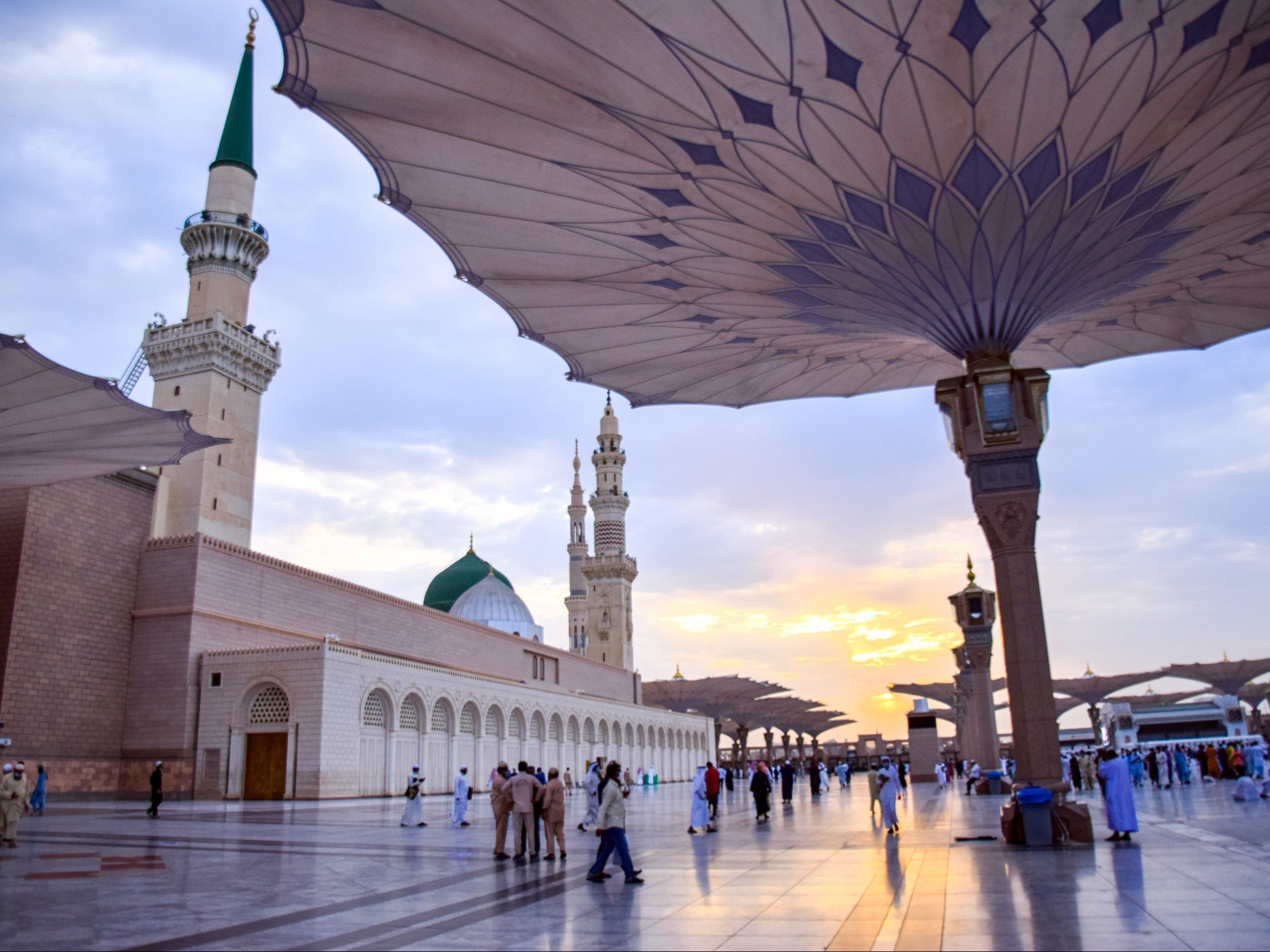Saudi Arabia has long been a victim of acute stereotypes, typically stemming from the West. The once vast desert land has now been transformed into a surreal, modern nation. From F1 races to festivals out in the desert, Saudi Arabia has evolved from the restrictive rule it once was.
Before President Biden’s first visit to Saudi Arabia, the Tony Blair Institute for Global Change released a paper named ‘Think Again: Inside the Modernisation of the New Middle East’. As mentioned in the Foreword, “Western perceptions of the Arab world are too often shaped by negative stereotypes and anecdotal evidence used to justify prejudicial views” . The paper observes one main reason as to why the West has such negative connotations of the Middle East. The poll results reflected an association of violence and extremism with the Middle East, alongside Western media’s misrepresented assumptions of a war-stricken land, which are constantly displayed with devastation and violence throughout the media! This, however, is not the case. Saudi Arabia, the United Arab Emirates, Bahrain and Jordan, to name a few, are all free of conflict and war. This contradicts the opinions collected from citizens within the Middle East who claim that periods of reform, due to projects such as the Saudi 2030 vision, are leading to a diverse economy and liberalising society. They also state their disapproval of “repressive religious movements” and the role of religion in politics.
Society and Politics in the Middle East have previously revolved around religion (Islam), similar to how European laws were once established based on Christian values. Saudi Arabia was once patrolled by the ‘Islamic Police’, known as ‘Muttawa’, who would enforce rules such as women wearing hijabs and shops being closed during prayer timings. The Muttawas were disbanded once Crown Prince Mohammed Bin Salman (MBS) came into power, in 2017. Since coming into power, Saudi Arabia has implemented numerous policies to boost women’s independence, straying away from the traditional cultural attitudes towards women. Since 2017, Saudi Arabia has also diversified their economy, by boosting up their tourism and entertainment industry.
According to the ‘Think Again: Inside the Modernisation of the New Middle East’ paper, only 12% of the Western attitudes polled believed that there had been an improvement in women’s rights within the Middle East. The paper contradicts Western views entirely, using a range of statistics. UNESCO research found that between 34% and 57% of STEM graduates in Arab countries were, on average, women. This is much higher than in Western universities, such as the UK and the USA. One in three start-ups within the Middle East is founded by women, which is significantly higher than in Silicon Valley!
The media is seethed with stereotypical assumptions of the Middle East, but it is papers like this that attempt to raise awareness and usher a change in falsified opinions, bringing in brand new knowledge and representation for some of the most misrepresented groups of countries in the world.






0 Comments